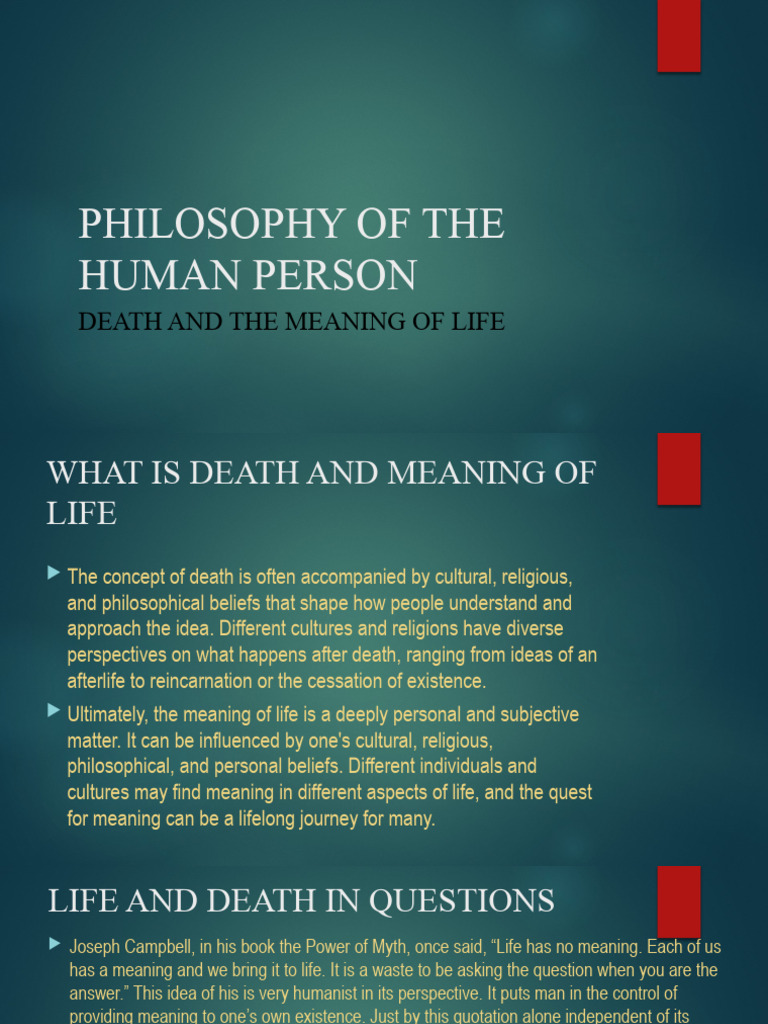In the complex tapestry of existence, the intersection between philosophy and biology presents a provocative discourse regarding what it means to be human. The concept of cultural relativism offers a compelling lens through which to dissect these intricate connections. Like a prism refracting light, it invites us to consider the spectrum of human experience and expression, revealing layers of meaning within the biological essence of humanity.
To embark on this exploration, one must first delineate the parameters of “human.” Traditionally, this term encapsulates Homo sapiens as a species, characterized by bipedalism, a sophisticated brain, and intricate social structures. However, the essence of being human transcends mere biological attributes; it delves into the realm of consciousness, interpersonal relationships, and cultural manifestations. This duality evokes questions ripe for philosophical inquiry: Can one be fully human without the tapestry of culture? Can cultural distinctions and norms mold the essence of humanity itself?
Embarking upon the philosophy of the human person requires a contextual framework. Biological determinism posits that biological factors predetermine human behavior, limiting individuals to a fixed set of characteristics. Contrarily, cultural relativism suggests that human values and behaviors must be understood within the context of specific cultures. This tension between biological imperatives and cultural constructs begs an examination of autonomy in defining what it fundamentally means to be human.
At the core of this discussion lies the idea of identity—a construct that is multifaceted, informed equally by genetic heritage and cultural narratives. The compelling metaphor of the “cultural kaleidoscope” serves as an apt illustration: each twist and turn of the kaleidoscope alters the arrangement of colors and shapes without altering the underlying glass. Just as the pieces may shift, revealing new patterns and combinations, so too does culture shape our understanding of humanity.
In examining historical contexts, one can observe how cultural norms influence biological perceptions of humanity. Consider the notion of beauty, which varies dramatically across cultures. In some societies, bodily adornment and modifications are markers of identity and status, while in others, natural forms are revered. Is someone in a remote tribe, who opts for body paint as a form of expression, any less human than a corporate executive in a tailored suit? Here, cultural relativism challenges the reductionist view of human beings, asserting that one’s humanity is articulated through cultural lenses.
This leads to the critical dialectic between individual agency and cultural conditioning. Do individuals possess intrinsic qualities that define their humanity, or are they mere vessels shaped entirely by cultural narratives? To navigate this conundrum, one must confront the principle of agency. Agency can be seen as the capacity for individuals to act independently, exercising their choices often influenced, though not entirely dictated, by their cultural milieu. The interplay between agency and culture is thus paramount in understanding the dimensions of human experiences.
The biological underpinning of humans, particularly in regard to cognition and emotional expression, serves as both a unifying and distinguishing factor among populations. Neuroscientific research has illuminated the ways in which shared biology fosters empathy and social bonding, integral elements of what many would consider the “human experience.” Yet, these biological features gain significance and interpretation through cultural frameworks. For instance, the expression of emotions can vary widely across cultures; some may celebrate exuberance while others may value stoicism. Thus, the biological impulses are both displayed and regulated by cultural teachings.
Furthermore, the globalization of cultural ideologies complicates our understanding of the human condition. As cultures intermingle, defining what is quintessentially human becomes increasingly ambiguous. Rapid technological advances amplify this phenomenon by transcending geographic and cultural boundaries, allowing individuals to adopt myriad influences in shaping their identities. The advent of social media platforms has birthed a new realm of cultural exchange, where one can curate an identity that may be a hybrid of multiple influences, further epitomizing the complex interaction between biology and culture.
In considering these dynamics, it is imperative to address the ethical considerations intertwined with cultural relativism. The argument for cultural relativism warns against ethnocentrism, a viewpoint wherein one’s culture is deemed superior to others. However, this requires a judicious balance—one must navigate the protective embrace of cultural diversity while avoiding the absolution of practices that may undermine human rights and dignity. This ethical tightrope walk necessitates open dialogue to ensure that as cultural distinctions are embraced, essential humanistic values are upheld.
The inquiry into whether an individual can only be defined through their culture, thus, reveals a nuanced and multifaceted understanding of humanity. One’s cultural context does not obliterate biological heritage; rather, it acts as a catalyst for the expression of what it means to be human. Like an artist painting upon a canvas of flesh and bones, culture provides the hues that enrich our individual existence while biology remains the foundational substrate.
Ultimately, the collaboration between philosophy and biology, viewed through the prism of cultural relativism, unveils profound truths about the nature of humanity. It fosters a dialogic relationship where biological realities and cultural perceptions coalesce, inviting deeper contemplation about identity, ethics, and existence itself. Understanding our humanity requires acknowledging the rich tapestry woven from our biological origins and the diverse threads of culture that enhance the vividness of our collective human experience.
